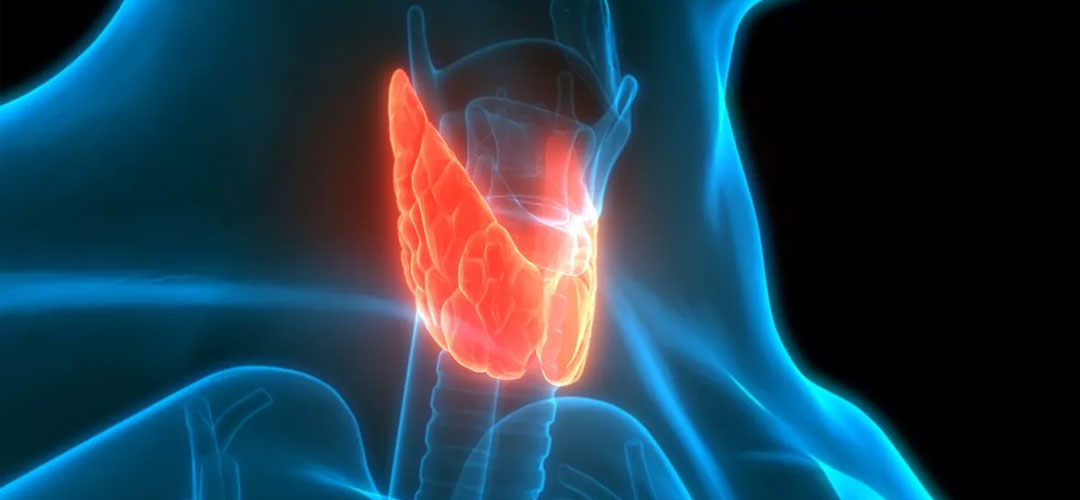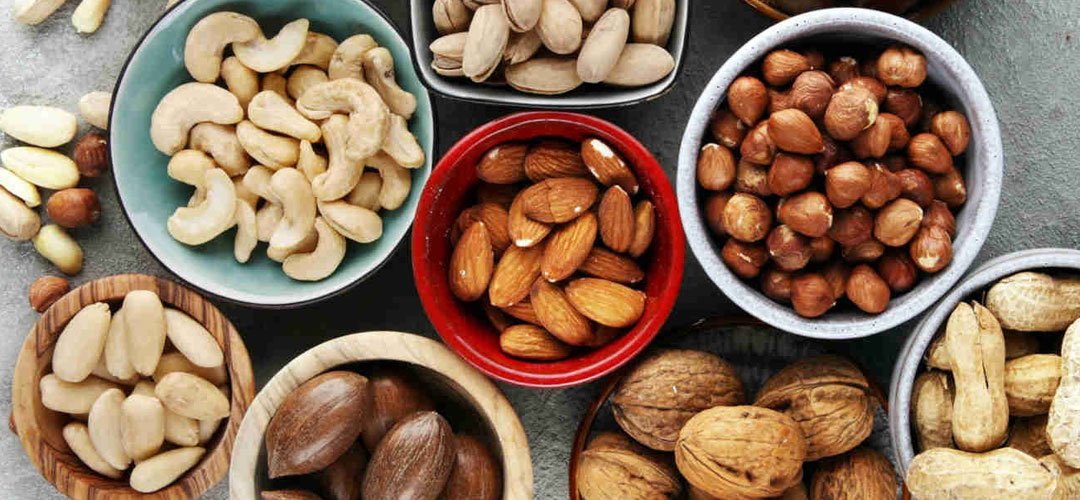
Selenium is a trace mineral essential for many bodily functions, including immune system support and thyroid function.
This blog will explore the health benefits of selenium, its best dietary sources, and the recommended daily intake to ensure you maintain optimal health.
• Selenium Health Benefits
The selenium health benefits are numerous. Selenium plays a vital role in antioxidant protection by being a key component of glutathione peroxidase, an enzyme that helps prevent cellular damage. It also supports thyroid health by contributing to the production of active thyroid hormones and boosts the immune system by enhancing the body’s defence against infections.
• Selenium Benefits for Women
The benefits of selenium for women include support for reproductive health, protection against oxidative stress, and a reduced risk of certain cancers. Selenium is also important during pregnancy for foetal development and reducing the risk of complications.
• Selenium Benefits for Men
The selenium benefits for men are similarly significant, particularly in supporting prostate health. Selenium has been linked to a lower risk of prostate cancer and also contributes to healthy sperm production, which is crucial for male fertility.
• What Does Selenium Do for the Body?
Selenium acts as a powerful antioxidant, protects cells from damage, supports thyroid function, and strengthens the immune system. It also plays a role in DNA synthesis and reproduction.
• Sources of Selenium
Sources of selenium are primarily food-based, but soil quality significantly affects the selenium content of plant foods. Natural sources of selenium also include dairy products and some vegetables, though their selenium content can vary depending on the soil in which they’re grown.
• Selenium Rich Foods
Selenium rich foods include a variety of nuts, meats, and seafood. The highest concentrations are found in:
-
- Brazil nuts
- Seafood (e.g., tuna, sardines)
- Meats (especially organ meats like liver)
- Eggs
- Whole grains
Incorporating these foods into your diet is the best way to ensure adequate selenium intake.
• Selenium Deficiency Symptoms
Selenium deficiency symptoms can include fatigue, muscle weakness, hair loss, and a weakened immune system. In more severe cases, deficiency may contribute to Keshan disease, which affects the heart, or Kashin-Beck disease, which impacts joints and bones.
• Recommended Selenium Intake
The recommended selenium intake varies by age and sex. For most adults, the daily selenium requirement is 55 mcg, though pregnant and breastfeeding women may require slightly more. It’s important to meet these needs through diet or supplements to avoid deficiency.
• Selenium Toxicity Symptoms
While selenium is essential, too much can lead to toxicity. Selenium toxicity symptoms include nausea, diarrhoea, hair loss, and brittle nails, it’s important not to exceed the recommended intake.
• Conclusion
Selenium is a critical nutrient for maintaining overall health, supporting everything from immune function to thyroid health. By incorporating selenium-rich foods into your diet and adhering to recommended intake guidelines, you can reap the benefits of this essential mineral while avoiding the risks of deficiency or toxicity.
Check out this link to our product page to find out more:
Disclaimer:
Information and other content provided in Lily & Loaf blogs should not be construed as medical advice and should not be considered a substitute for professional medical expertise. If you have any medical concerns, you should consult with your health care provider.








